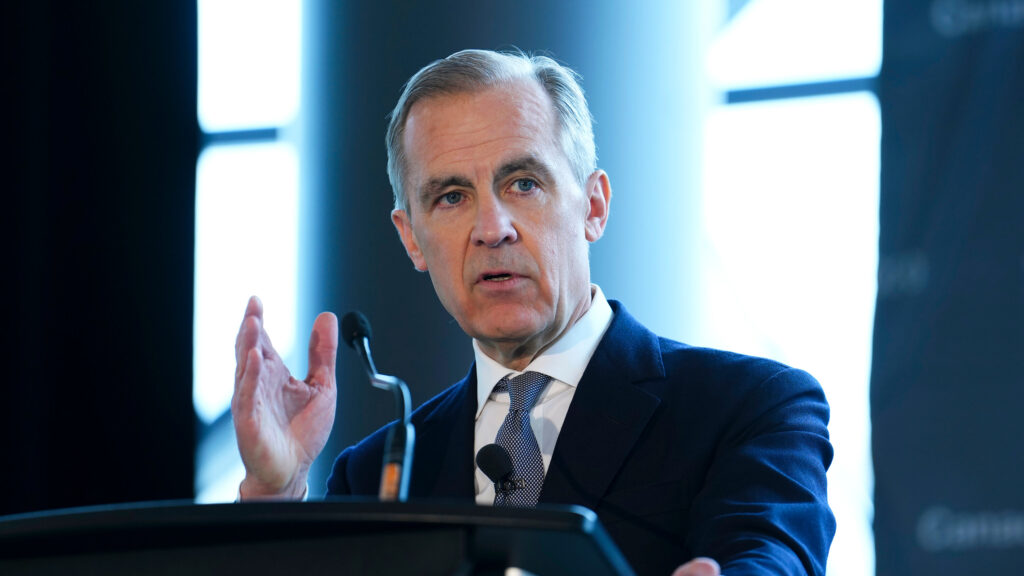Canadian Prime Minister Mark Carney has taken a firm stance ahead of the looming August 1 deadline for new U.S. tariffs, declaring that Canada “will not accept a bad deal” just to secure a trade agreement with the United States. Speaking to reporters in Ontario, Carney emphasized that any agreement must serve the best interests of Canadians, not merely satisfy Washington’s demands.
This comes amid renewed trade tensions following U.S. President Donald Trump’s return to office and subsequent reintroduction of sweeping tariffs. If no deal is reached by the deadline, U.S. importers will face a 35% tax on goods from Canada an escalation that could deeply impact one of the world’s largest bilateral trading relationships.
Already, the U.S. has imposed a 25% tariff on a range of Canadian products, alongside 50% tariffs on aluminium and steel. The measures, intended to bolster American manufacturing and job creation, have drawn widespread criticism for their destabilizing effect on global trade and the risk of raising prices for U.S. consumers.
Carney signaled that Canada is prepared to defend its key industries, including aluminium and lumber, both heavily affected by the U.S. tariffs. He hinted at new protectionist policies and support packages to shield domestic sectors from the fallout, building on previously announced countermeasures such as increased tariffs on imported steel.
Canada relies heavily on U.S. trade, exporting around 75% of its goods to its southern neighbor. These exports include oil, automobiles, machinery, food, and pharmaceuticals. In 2024, the U.S. imported over $412 billion in Canadian goods, while exporting nearly $350 billion worth to Canada, according to the Office of the U.S. Trade Representative.
Trump has justified the tariffs on grounds ranging from trade imbalances to combating illegal fentanyl imports—despite data showing that just 0.2% of fentanyl seizures occur at the Canadian border.
While the U.S. has struck limited deals with other nations, many have retained higher tariffs. Carney’s remarks suggest Canada is unwilling to follow suit unless a fair and sustainable agreement is reached. With just days to go before the deadline, tensions between the two trade partners remain high.

